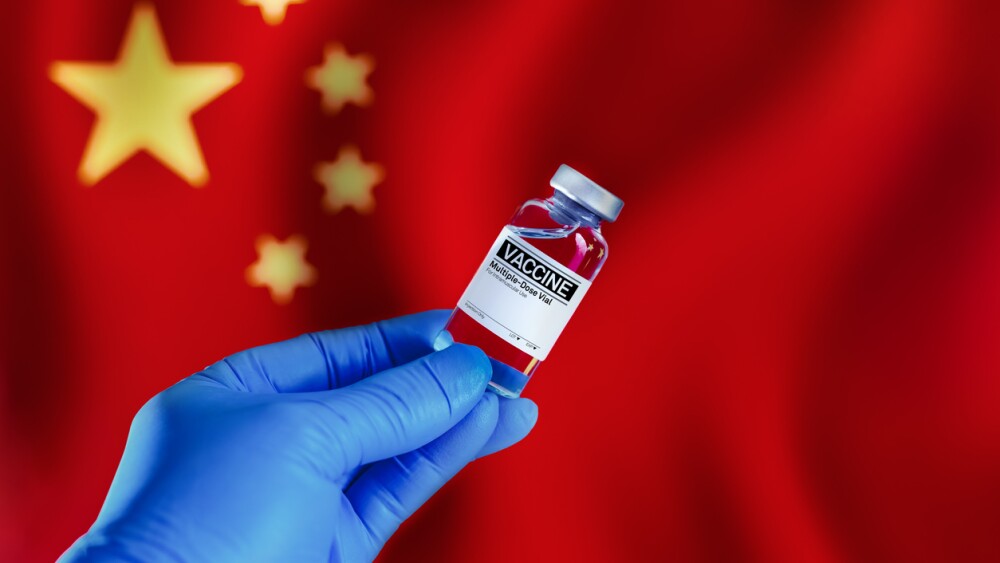A federal judge has ruled that a decade’s worth of unpublished clinical trial data from drug companies, universities and other agencies involved, must now be made public.
In a ruling that will make champions of clinical trial transparency ecstatic, a federal judge has ruled that a decade’s worth of unpublished clinical trial data from drug companies, universities and other agencies involved, must now be made public.
The ruling was announced two years after Peter Lurie, an ex-associate commissioner for public health strategy and analysis at the U.S. Food and Drug Administration filed a lawsuit over lax reporting requirements for clinical trials. In the lawsuit, Lurie claimed that government agencies, including the FDA, the National Institutes of Health (NIH) and the U.S. Department of Health and Human Services, have ignored a federal law requiring that researchers file clinical data with the federal government.
In the lawsuit, Lurie and co-plaintiff Charles Seife, a New York University journalism professor, claimed that a 2007 law was being ignored by the three federal agencies. In 2007, Congress passed a rule that required researchers who were working on certain trials for drugs and medical devices to report the results to the three government agencies. If the device wasn’t approved at the time the trials were completed, but later approved, there are requirements that the data be reported within 30 days of approval on ClinicalTrials.gov. However, the plaintiffs said a ruling issued by the government agencies contravened that Congressional mandate. As BioSpace previously reported, Lurie and Seife said the agencies put into place a rule that created exemptions for trials “with a primary completion date before Jan. 18, 2017 if the drug or device being studied wasn’t approved until after that date.”
Christopher Morten, a supervising attorney at New York University’s Law & Policy Clinic who represented the plaintiffs, told STAT News that the judge’s decision makes it more difficult for companies and other trial sponsors to keep unfavorable trial results a secret. He added that the decision “brings us one step closer to what federal law requires — providing the American public with complete access to clinical trial results on drugs and medical devices approved by the FDA.”
Following the ruling, Seife said in a statement that without the published data regarding the results of those trials, it’s unclear whether or not the FDA is being as effective as it can regarding drug safety and efficacy.
With the judge’s ruling this week that means an untold number of clinical trial data is not in compliance with the law. The trial sponsors will now have to ensure the data for those trials is published on the government website, but when that will be required to happen is unknown as of this point. As of yet, there has been no timeline mandated by the federal agencies to ensure compliance. It is also unknown at this point what the consequences will be if the trial sponsors fail to comply.
A spokesperson for HHS told STAT that the agency was evaluating the court’s decision in order to determine its next steps. The FDA declined to comment, STAT said.





